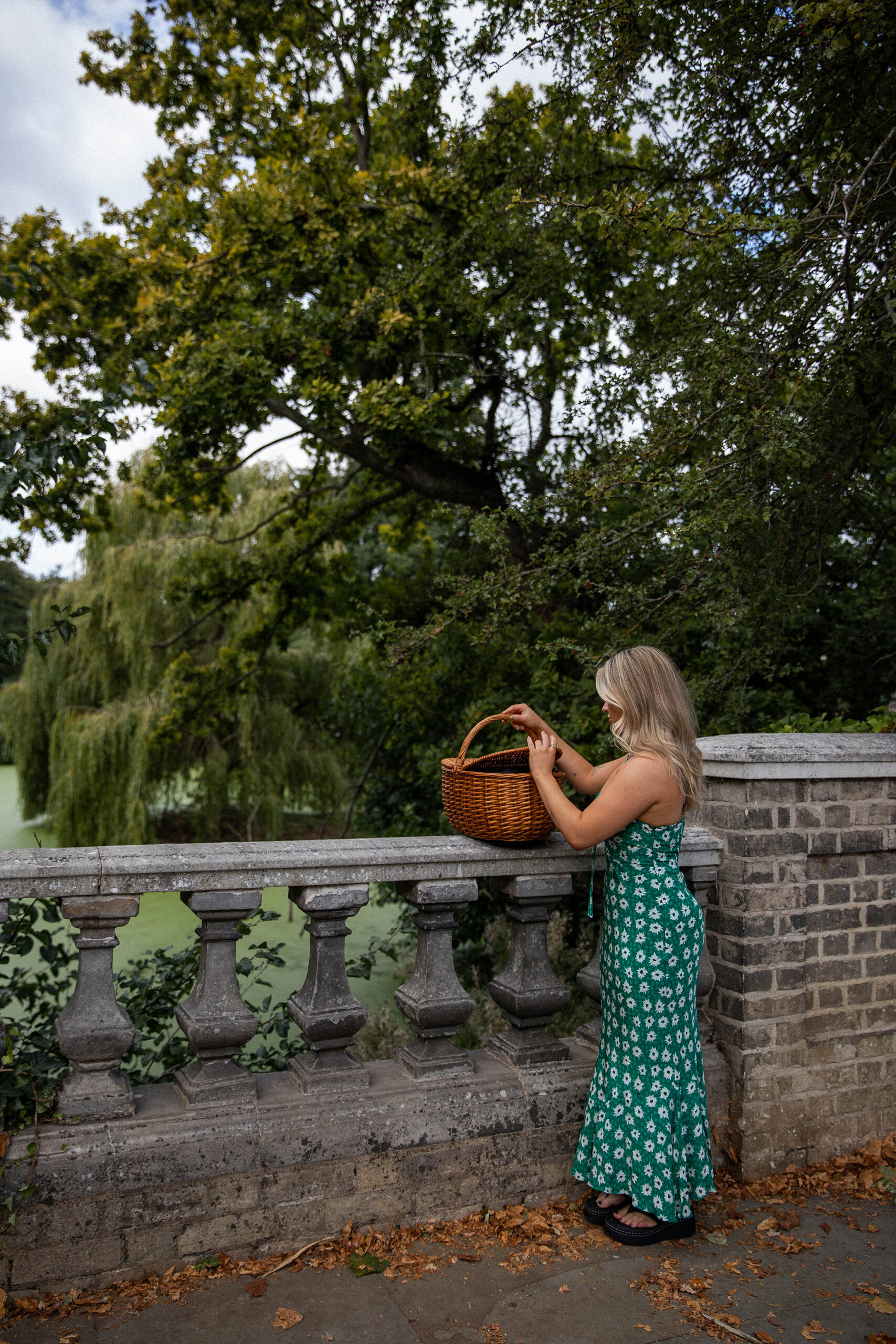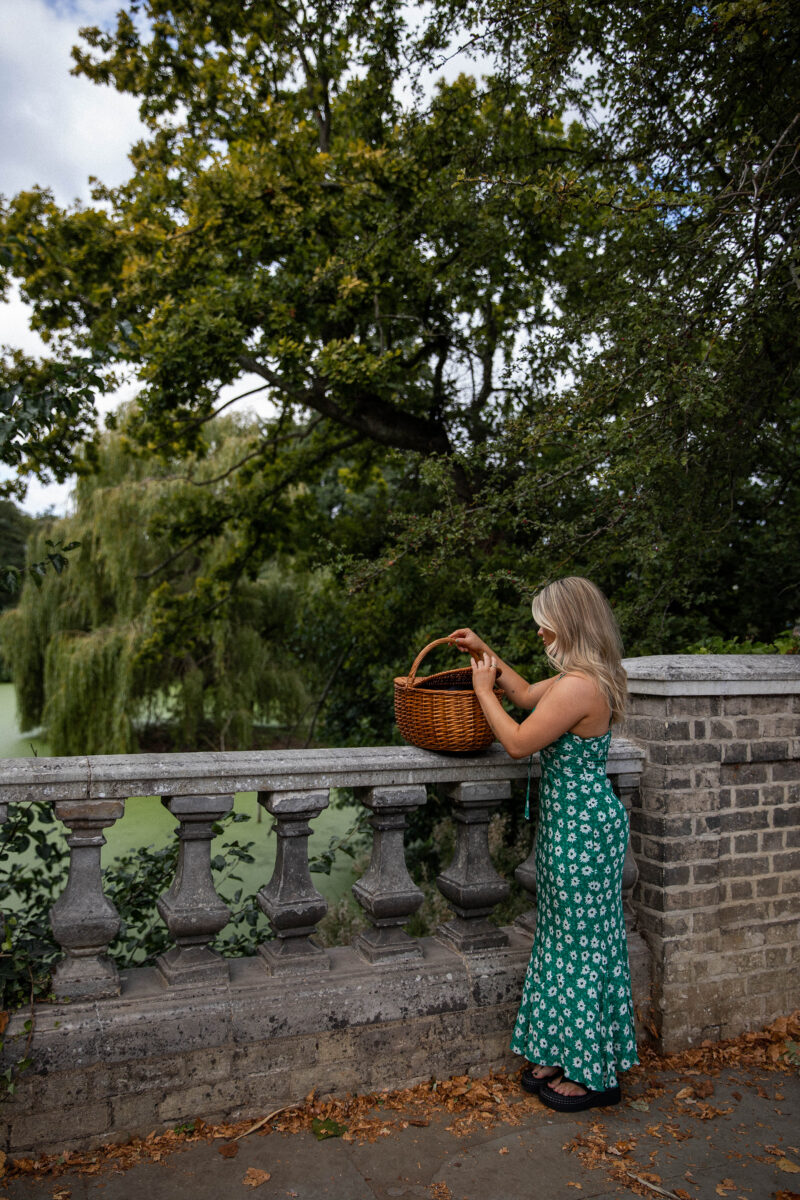What do Ian McEwan and social media have in common? Not that much, it turns out, but one did make me think of the other.
When it comes to starting the day off on the right foot, I’ve absorbed and digested a smorgasbord of well-meaning tips. I’ve tried drinking a glass of water first thing - particularly before any caffeine - because this is meant to - well, sincerely I’m not sure what the intended benefit is but anything to do with H20 inevitably welcomes benefits, so it does something. If I ever do this, pour a glass of water straight from the tap while morning mouth still fuzzies my teeth, it’s usually in the dead time between switching the kettle on and hearing it reach full boil. There’s not much else to do in this time, anyway. I could tidy away a few utensils left discarded from last night’s dinner, or perhaps wander to the back door to see if the neighbour’s cat is hanging around, but instead, I drink my silly glass of healthy water. Mmm: the absence of taste. Apart from when I don’t (which is often), even if it might be good for me, set me off on the right foot, turn the compass of my day in the right direction, because I’d rather just have a tea and watch TikToks instead.
For a while I tried not to look at my phone for the first hour of the day because blue light is bad. Don’t ask why it’s bad, just know that it is - something to do with lengths and energy and waves crashing into your brain. First thing in the morning, last thing at night: these should be the blue-light-free zones to preserve peace, prosperity, and proper sleep. What is recommended, instead, is to perhaps do some yoga, some morning meditation, to take a walk or exercise or organise or clean, to read and breathe, to have a proper breakfast. And these are all of the things I do, after my silly glass of healthy water. Apart from when I don’t (which is often), because I’d rather just have a tea and watch TikToks instead.
That’s another thing - reading. Starting the day off with 15 minutes of head’s down time, trying to nudge the brain out of its slumbering manger, to say: hey, you, brain, wake up! Be brilliant! Silly glasses of healthy water aside, beginning the day by reading makes a noticeable difference in the speed of my word recall and the scope of my creativity for that day; reading breeds new ideas, fresh perspectives. There’s also tangible progression, moving from page A to page B, beckoning a sense of early accomplishment which makes the remainder of a productive day feel more possible. And so that’s why I do it. Apart from when I don’t (which is often), because I’d rather just have a tea and watch TikToks instead.
All of these strategies are attempts to enter the day in the most calm and balanced way. To simply wake up, exist, and then commence with the scheduled responsibilities seems not quite enough, as if to waste the morning, the precious morning, with mindless fodder. ‘Successful’ people wake up at 5am and live half a life before the day has even dawned; that’s what we’re led to believe is the earliest and most accessible method for ‘winning’ - resisting the physical inclination to sleep. To snooze. To curl up like a cinnamon bun, a la Homer Simpson, and stick two fingers up at the 5am alarm which, like a golden retriever on cocaine, barks at us to seize the day! Come on! It’s exciting! To take care! Of yourself! Let’s do it!
Even when rising early isn’t heralded as a meritocrat’s first draw, there still exists this understanding that getting up early is better. Cleaner, healthier, kinder to ones’ self and day. Not rushing around, having time to feed the brain and body - each morning presents a fresh start and new opportunity to do better. To be better. And all of it seems so attainable; the only obstruction in the path to early wellness is laziness and a lack of willpower. For I could drink a glass of water before my tea; I could forgo my phone in lieu of affirmations and mantras and deep, leggy stretches; I could sit on the chair I bought almost entirely for reading in the morning to in fact read in the morning; all of these ‘easy’ wins are possible and pose potential solutions to the riddle of a well-spent morning. And that’s why I do it. Apart from when I don’t (which is always), because I’ve begun to believe that there is no hard and fast formula for a successful morning, that attributing a level of accomplishment to accidentally existing (since waking up is hardly a choice) is a fool’s errand, a paving stone in the endless path of self-improvement, self-refinement, self-solving.
When I’m in a good swing and I’m doing all of the good things for a good morning, there are positive effects (not least smugness - believe me when I say, one of the reasons so many people like to mobilise early is the competitive satisfaction that comes from doing it before others), but they’re short lived. Mostly because the best and most successful routine isn’t sustainable, or rather it isn’t sustainable for me, whether that’s down to a deficiency in discipline or lacking the mettle to ever be this kind of uber-together person in the first place. And so though I briefly decode the problem of a proper morning, it isn’t long before I’m back to the hack, trying to work out what I can change for an improved next attempt.
I do wonder, sometimes, on a Sunday when I’m organising my task lists on Notion or thinking about organising my task lists on Notion instead of actually doing it, why I’m so keen to solve my mornings. As if they are a problem, a riddle, some kind of Worlde-esque challenge that can be won with the right combination of timing and tactics. And this is coming from a self-proclaimed Morning Person (the MP abbreviation was ditched after some political confusion)! Generally, I have pleasant mornings - I’m self-employed and often I work from home, so the woes of commuting and turning up on time aren’t concerns for me - yet it isn’t uncommon for me to sit down at my desk and wonder: could I be feeling better, right now? Could I have done that better? On a good day, it’s: how do I hold on to this? How do I make this goodness return? And on a worse day: how did I fail to give myself the best start? Where did my self-discipline falter, and how do I accept or challenge this tiny bucket of guilt while at the same time trying to avoid its reappearance?
It’s not particularly a conscious effort, either; it’s a quiet reflex, the one that analyses my emotions and decisions as they pass through, assessing whether they feel well-placed, well-timed, deserved. Such introspection is both unwilling and unwelcome but I don’t want to paint the picture that I’m hunched over at my desk, obsessing about this stuff. When I find myself thinking about how well I’ve performed my morning or my afternoon or whatever it is, it’s more like an annoying fly to be quickly swatted away. I’m not trying to girl-boss my daily life but unavoidably, in a way, I am.
I’ve taught myself to be in a constant state of rearrangement, continuously searching for a better way to do things that will make my mornings better, my days better, my life better. Often this is under the guise of self-care because everything is done in a bid to nurture myself; exercising more, reading more, tidying my space, ticking off nagging chores, starting the day with a list of small wins which will imbue the remaining hours with a sense of accessible achievement. And there isn’t particularly anything wrong with the way I’m morning-ing my mornings in the first place, yet the inclination to improve persists.
In ‘On Chesil Beach’, Ian McEwan writes: “...it was not yet customary to regard oneself in everyday terms as an enigma, as an exercise in narrative history, or as a problem waiting to be solved.” This reminds me both of my endless pursuit for the most nourishing morning routine ever and the digital spaces I find myself frequenting, spaces with well-meaning rhetoric which encourages us to look closer, dig deeper and search harder in the pursuit of self-awareness.
But can we be too self-aware? At what point does self-awareness bleed into ritual flagellation, self-obsession, a never-ending unfurling of points to improve?
I find myself asking this as I scroll past ‘it’s okay not to be okay’, repackaged for the thousandth time for a social audience who exist in a climate of constant personal analysis. With every thumb-flick of the feed is a podcast discussing how to be a better friend, an influencer’s idyllic morning routine (guilty), a millionaire CEO’s top tips on digging deeper to prioritise mental health, a much-shared article which forces us to challenge our internal bias, the most effective exercise habits for a big fat arse, an appeal to forfeit plastic straws, a first-hand account on tough self-care and building confidence, an infographic instructing us how to spot burnout; the sphere of content we exist in - especially digitally - is consistently rerouting us to look inwards, to question and assess. Even the rhetoric that encourages us to slow down and stop questioning ironically directs us to continue to question whether we need to slow down in the first place; do we qualify as the audience or are we quite slow enough as it is? So often we’re told not to compare ourselves, but in a digital landscape which rewards emotionally triggering content, which is quite literally created to prioritise anything which sticks a finger into some part of your brain, whether that’s rage or empathy or joy or excitement, that is surely impossible. We are participating in a playground of display and showmanship. A cynic would say that this is inherently damaging, can only be damaging. I say there is a great lot of goodness to be found but can’t help notice what I feel is an increasing inclination for people to view themselves in the same vein as Chesil Beach: as knots to be untangled.
And perhaps - probably - to question oneself and one’s process is a symptom of the human condition. I think, therefore I am: the supposed proof of individual existence. But - and this is where McEwan’s ‘problem to be solved’ observation rings true - I think there’s also space for the idea that some of us - just some of us - might be overcomplicating ourselves. Not in terms of complexity, because by nature as humans, we are infinitely complex, but in terms of how we treat and understand ourselves. Take my mornings, for example. All of this written above, for what? Sometimes I wake up early and read a book. Sometimes I don’t. Does there need to be more to it? Do my mornings need to get better? Do I need to turn inward to seek the personality trait (or lack thereof) that is preventing a ‘good’ routine’s permanency? In the dialect of the internet, I suppose I’m asking whether it needs to be that deep.
Rather than asking whether it is we who are the problem - whether we need therapy, whether we need to take a break, whether we need to embrace greater self-discipline to achieve what we believe we can if we only tried hard enough - maybe we should instead take stock of what is a constantly evolving world and way of living, with increasing means of directing information at us - not necessarily to us - and acknowledge the quiet but constant effect that such mobility has. And that’s not to say the world has ever been still in the sense that nothing changes, but it is surely unique to our times that one can open any social media app and be repeatedly served content which points out ADHD symptoms, signs of unresolved trauma, the top three subtle changes that burnout can bring and so forth.
The nihilistic part of me wants to ask what the point of perpetually improving the self is if we’re only going to die anyway - why not recline into a low-effort ride until the last grain of sand has fallen? But the more pragmatic side of myself understands that trying to do anything better - whether that’s work, health, pleasure, learning, relationships - opens up the opportunity for new experiences and joy. It’s good to have goodness to aim for.
But sometimes, maybe we aren’t the Rubix cube that we consider ourselves to be. We aren’t problems to be solved - we’re (not so) simply human.
 Idle Waters: Quaint Cottage Countryside Retreat
Idle Waters: Quaint Cottage Countryside Retreat
 Why Solo Travel & Why Now? What Solo Trips Mean To *Us*
Why Solo Travel & Why Now? What Solo Trips Mean To *Us*
 Unplugged Retreat: A ‘No Phones’ Countryside Break
Unplugged Retreat: A ‘No Phones’ Countryside Break
 New Home Tour
New Home Tour



